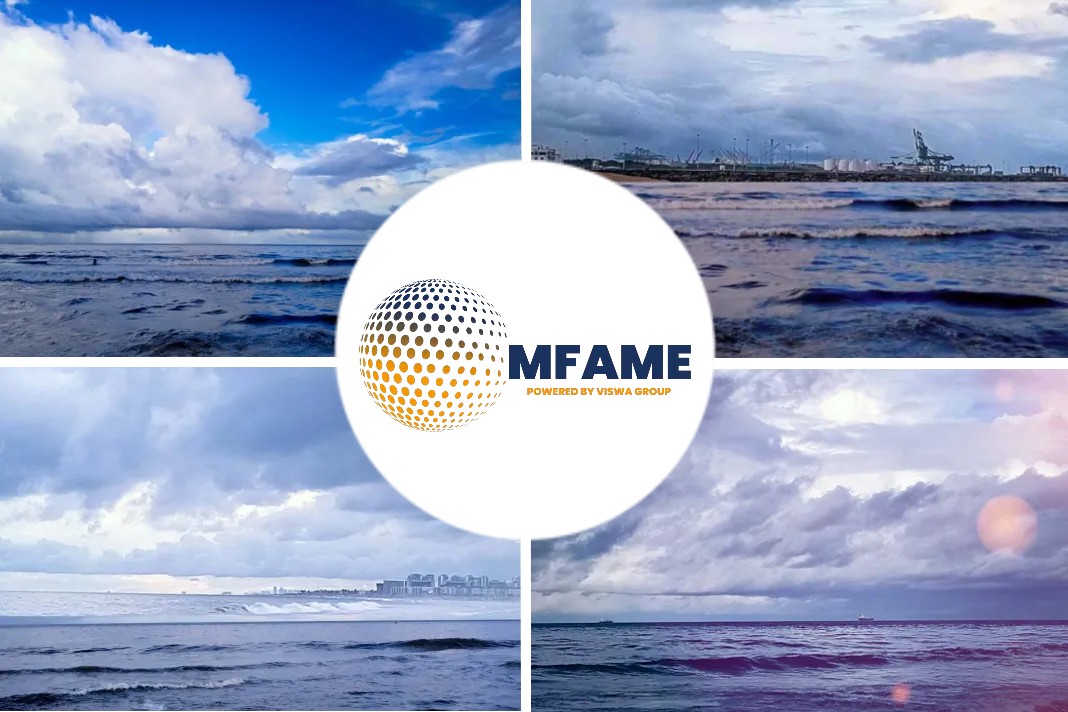
Walcon Marine has taken part in an important conservation project in the Special Site of Scientific Interest (SSSI) Chichester Harbour, UK. , says an article published on Seawork.
Installation of the company’s pontoons
The project required the services of the Walcon Wizard and Walcon Warrior barges, which normally deliver and assist in the installation of the company’s pontoons, bridges and other equipment, as well as piling.
The project involved transporting 500 tonnes of shingle to Stakes Island, a manmade ridge of mud and shingle located south of the Chidham Peninsula in Chichester Harbour.
Nature recovery
It has become a breeding site for a range of sea birds and the shingle is enough to raise it to one metre above the current high water level and so help boost tern breeding by creating a more favourable habitat.
The project was undertaken as part of the ‘Return of the Tern’ project, a partnership nature recovery initiative undertaken by the Friends of Chichester Harbour and Chichester Harbour Conservancy.
Minimal disturbance to wildlife
Jessica Vagg, Project Manager ‐ Return of the Tern: Nature Recovery on the Southern Coastal Plain, said, “The Walcon team was instrumental in the success of the works and they were professional throughout their contract with us. This type of habitat restoration hasn’t been done on this scale in the harbour before and extra care and attention was needed in the planning phase. Walcon were understanding of the unique habitat they were working in and worked with the Chichester Harbour Conservancy team to ensure the work was completed safely and with minimal disturbance to wildlife and harbour users.”
Floating infrastructure
Walcon’s managing director, James Walters, said, ”We were very pleased to be able to assist with this sensitive project. Our barges are highly versatile and have proven to be valuable platforms that have provided support to a range projects involving not only floating infrastructure, but also the movement and deployment of other payloads in and around coastal environments.”
Did you subscribe to our Newsletter?
It’s Free! Click here to Subscribe!
Source: Seawork





















